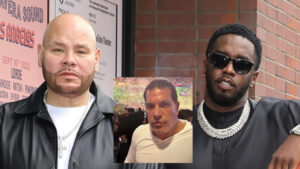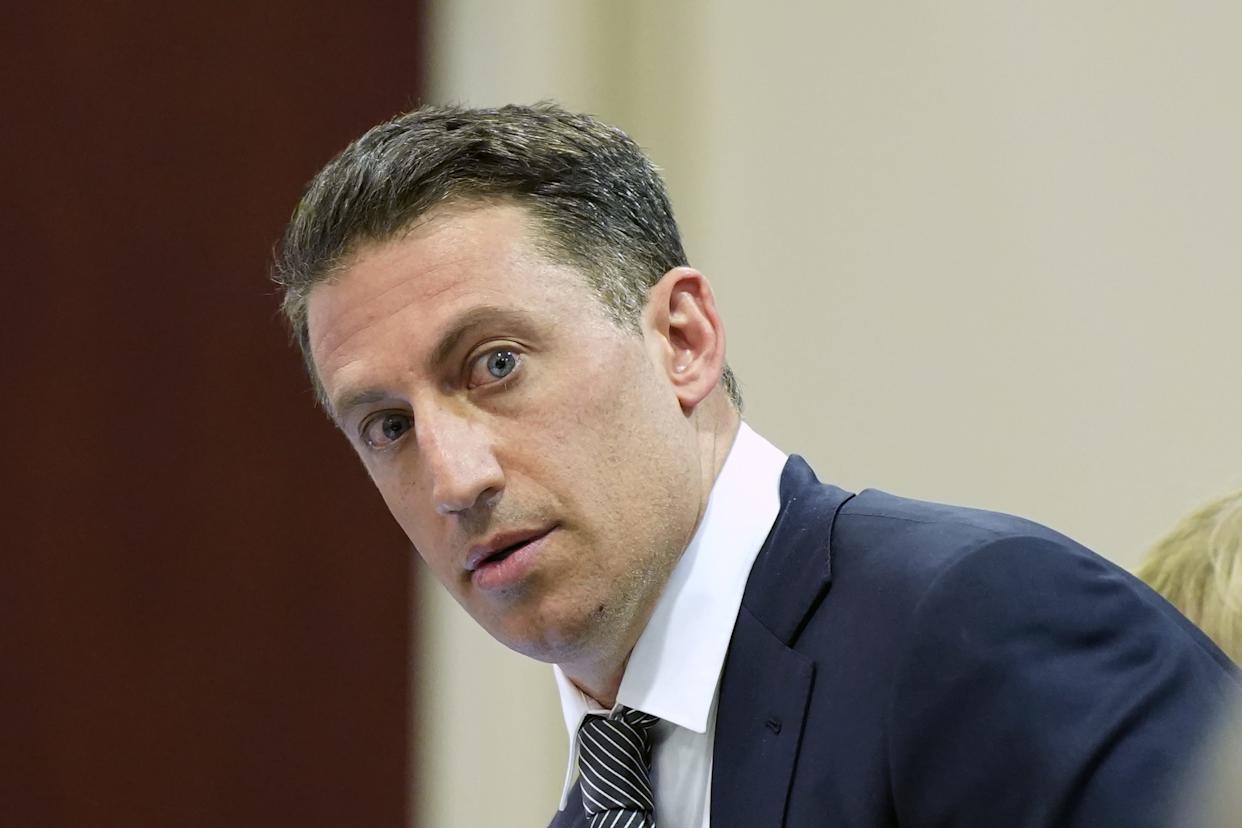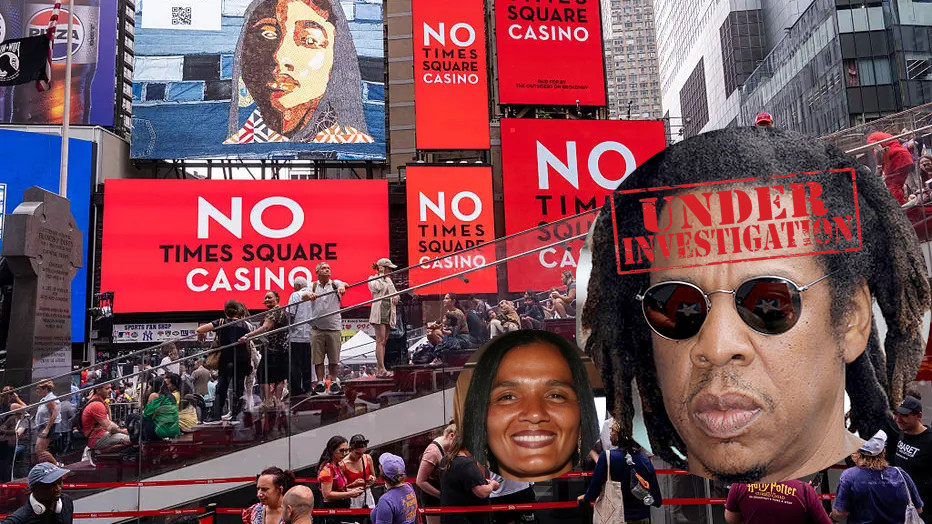Article text:
In a dramatic development in the music and legal spheres, former Roc-a-fella producer and videographer Choke No Joke has leveled serious allegations against Jay-Z’s Roc Nation, claiming they are attempting to stifle attorney Tyrone Blackburn just one day after his appearance on Choke's YouTube channel.
The controversy erupted when Blackburn was taken into custody following a move by attorney Joe Tacopina, known for representing Roc Nation and Jay-Z. Tacopina is connected not only to Jay-Z but also to Fat Joe, whose legal team is now implicated in these unfolding events. Critics have raised eyebrows over Blackburn's arrest, suggesting it may be part of a calculated effort orchestrated by Tacopina and Roc Nation.
This development has sparked a broader dialogue about the practices of Roc Nation’s legal representatives, including the controversial Alex Spiro, who is associated with multiple legal scandals. Spiro's firm is currently tasked with addressing Blackburn's lawsuits involving Fat Joe and Roc Nation, prompting further scrutiny.
Sources allege that attorneys like Tacopina, often branded as "fixers," engage in dubious tactics that blur ethical lines. These allegations underscore a growing concern about the role of legal representation in high-stakes entertainment cases, particularly those involving figures like Sean ‘Diddy’ Combs.
Mark Geragos, known for his controversial legal history, including extortion attempts and malpractice claims, further complicates this narrative. His connections to both Tacopina and Diddy call into question the motivations behind the recent legal skirmishes.
Tacopina's public persona shines a spotlight on the increasingly aggressive tactics some lawyers employ, purportedly going "above and beyond" traditional legal methods, often to the detriment of justice. With terms like "kneecapping" used casually in discussions of legal stratagems, the potential for misconduct becomes a pressing issue.
The alleged proxy war between Jay-Z and Diddy against Blackburn has been marked by troubling accusations, including attempts to intimidate other attorneys. The interconnections among these high-profile figures have become a focal point of concern, as legal actions unfold amid ongoing narratives of criminal enterprise.
Choke No Joke’s investigations have not stopped at Blackburn's case; they extend to the broader implications of legal ethics within the entertainment industry. His previous critiques extend to Roc-a-fella associates like Damon Dash, culminating in a critical examination of the industry's hidden dynamics.
As the drama continues to unravel, the implications of these allegations could echo beyond the courtroom, potentially reshaping public perceptions of powerful entertainment moguls and their legal strategies.
In a dramatic development in the music and legal spheres, former Roc-a-fella producer and videographer Choke No Joke has leveled serious allegations against Jay-Z’s Roc Nation, claiming they are attempting to stifle attorney Tyrone Blackburn just one day after his appearance on Choke's YouTube channel.
The controversy erupted when Blackburn was taken into custody following a move by attorney Joe Tacopina, known for representing Roc Nation and Jay-Z. Tacopina is connected not only to Jay-Z but also to Fat Joe, whose legal team is now implicated in these unfolding events. Critics have raised eyebrows over Blackburn's arrest, suggesting it may be part of a calculated effort orchestrated by Tacopina and Roc Nation.
This development has sparked a broader dialogue about the practices of Roc Nation’s legal representatives, including the controversial Alex Spiro, who is associated with multiple legal scandals. Spiro's firm is currently tasked with addressing Blackburn's lawsuits involving Fat Joe and Roc Nation, prompting further scrutiny.
Sources allege that attorneys like Tacopina, often branded as "fixers," engage in dubious tactics that blur ethical lines. These allegations underscore a growing concern about the role of legal representation in high-stakes entertainment cases, particularly those involving figures like Sean ‘Diddy’ Combs.
Mark Geragos, known for his controversial legal history, including extortion attempts and malpractice claims, further complicates this narrative. His connections to both Tacopina and Diddy call into question the motivations behind the recent legal skirmishes.
Tacopina's public persona shines a spotlight on the increasingly aggressive tactics some lawyers employ, purportedly going "above and beyond" traditional legal methods, often to the detriment of justice. With terms like "kneecapping" used casually in discussions of legal stratagems, the potential for misconduct becomes a pressing issue.
The alleged proxy war between Jay-Z and Diddy against Blackburn has been marked by troubling accusations, including attempts to intimidate other attorneys. The interconnections among these high-profile figures have become a focal point of concern, as legal actions unfold amid ongoing narratives of criminal enterprise.
Choke No Joke’s investigations have not stopped at Blackburn's case; they extend to the broader implications of legal ethics within the entertainment industry. His previous critiques extend to Roc-a-fella associates like Damon Dash, culminating in a critical examination of the industry's hidden dynamics.
As the drama continues to unravel, the implications of these allegations could echo beyond the courtroom, potentially reshaping public perceptions of powerful entertainment moguls and their legal strategies.






















